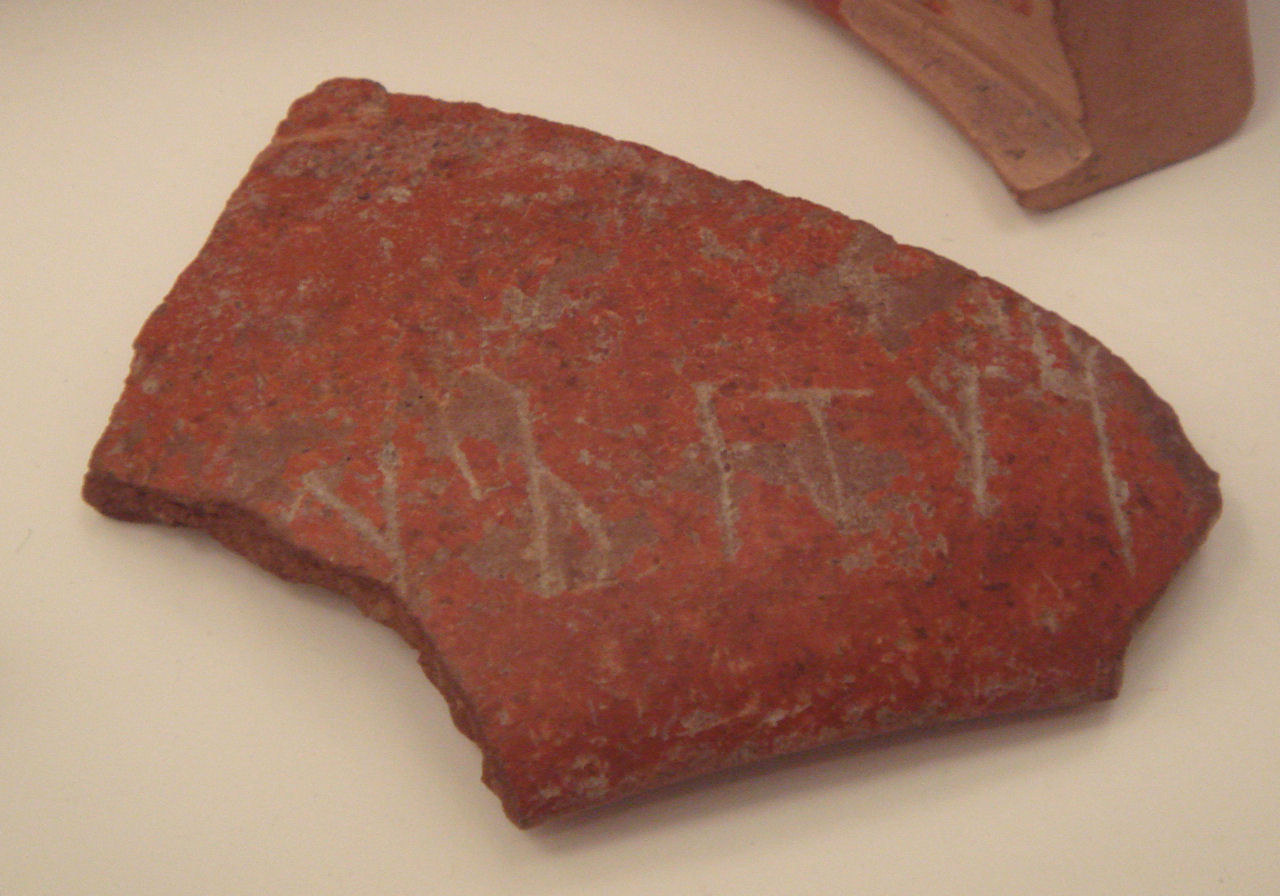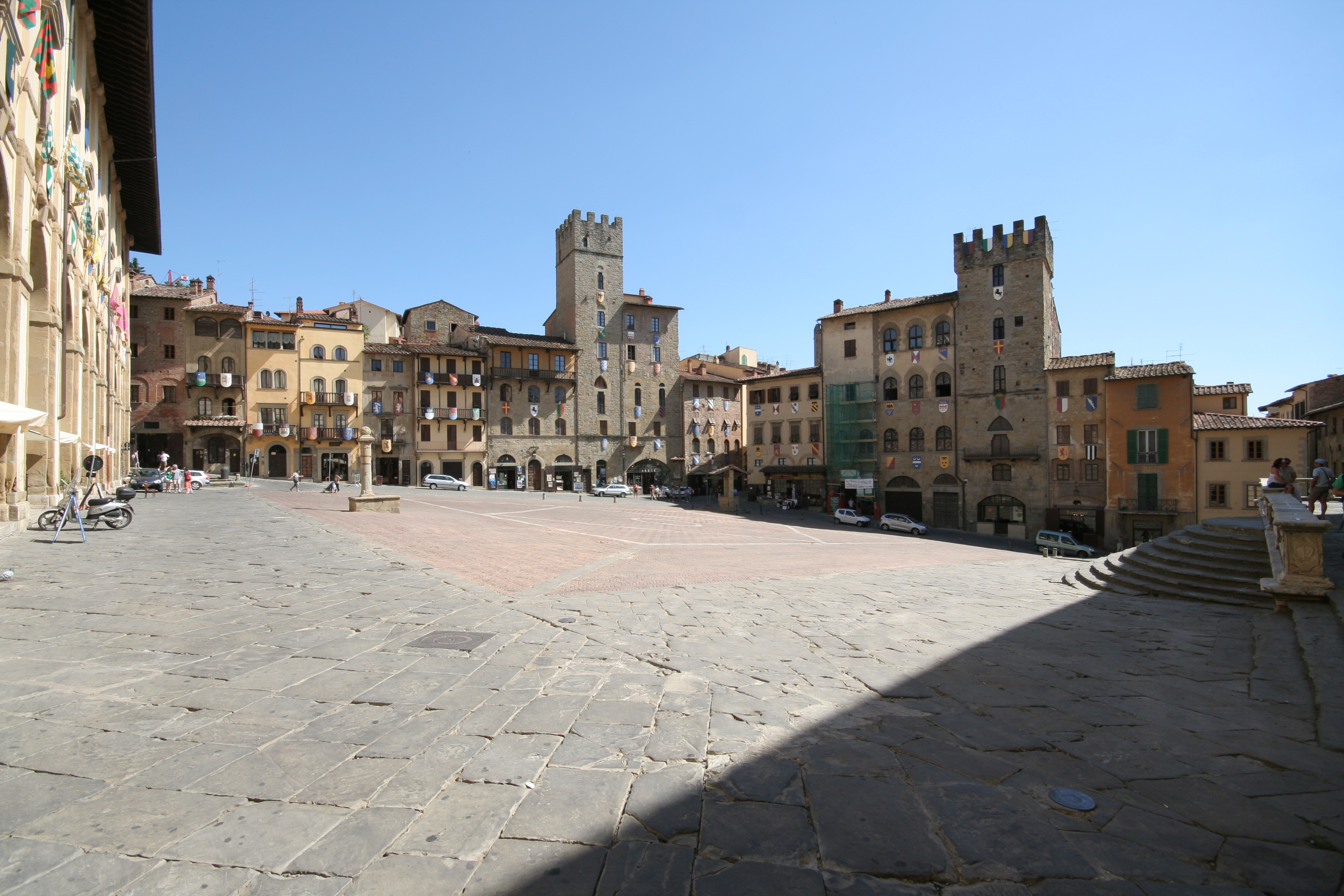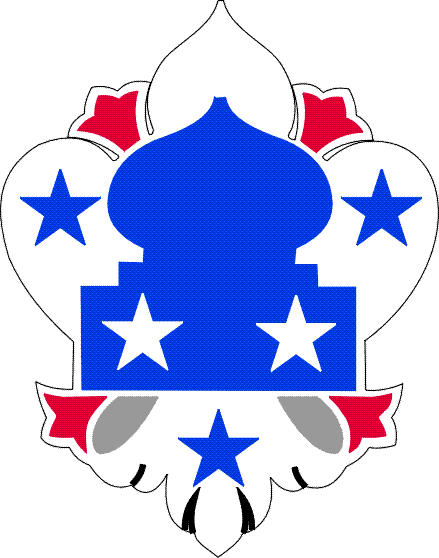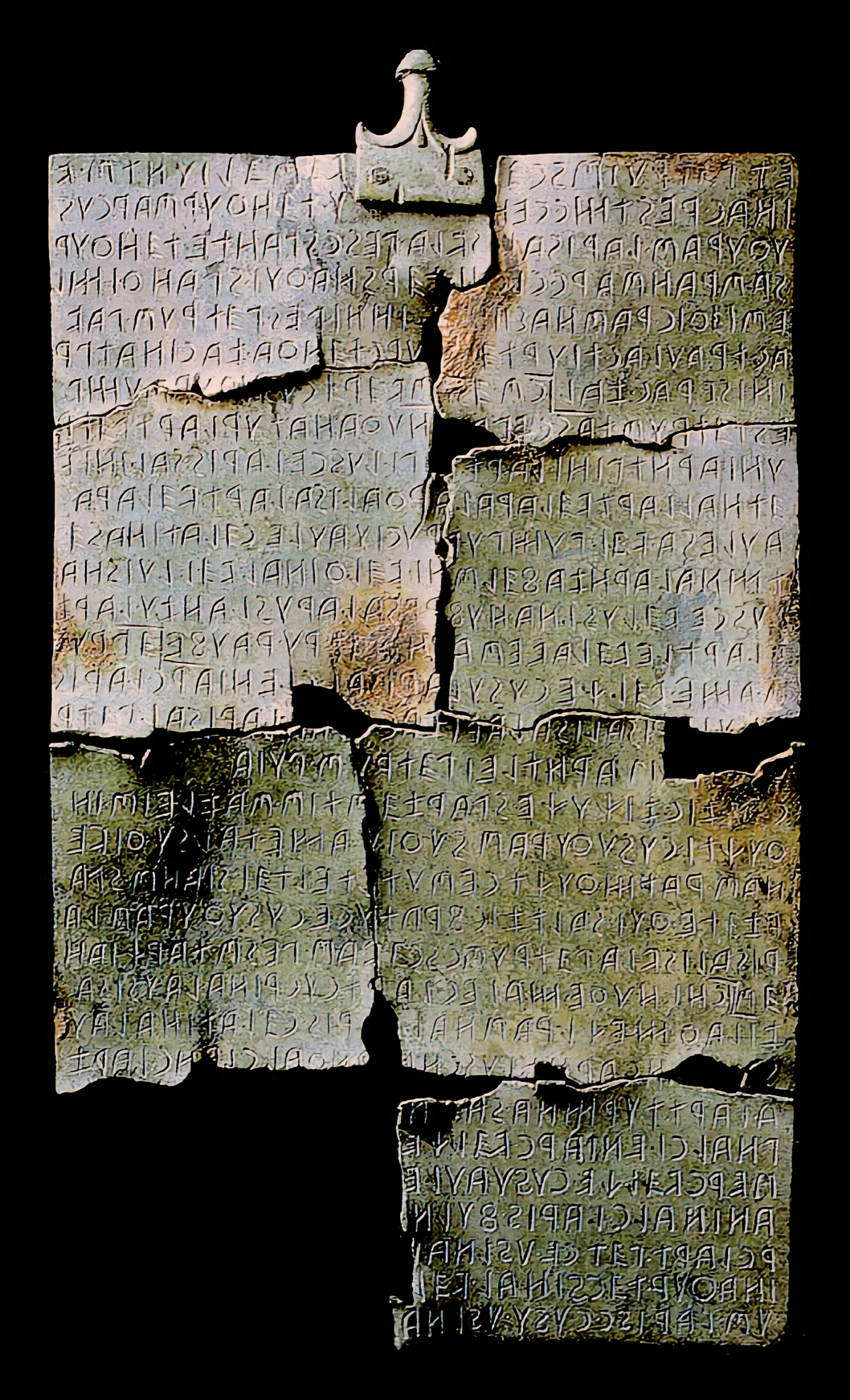|
Eugenio Calò
Eugenio Calò (July 2, 1906 – July 14, 1944) was an Italian Jewish resistance fighter during World War II. Born in Pisa to an old Sephardi family, he was posthumously awarded the Gold Medal for Military Valour, Italy's highest honor for heroism. Eugenio Calò was an Italian partisan, second in command of the ''Pio Borri'' partisan division that fought the Germans in the Casentino mountains in Tuscany. As a Jewish victim of fascist Italy during the Second World War, Calò had lost his workshop, his home, and his family. Finally, at the age of 38, he was captured, tortured and murdered by the Germans. German occupation After the German invasion in 1943, the anti-Semitic persecutions increased. The Fascists and the Germans began arresting the Jews and sending them to concentration camps. When Calò had learned about the capture of his family and the fact that they had been kept in Florence's Le Murate prison, he tried to organize their escape. His efforts were in vain. In M ... [...More Info...] [...Related Items...] OR: [Wikipedia] [Google] [Baidu] |
Pisa
Pisa ( , or ) is a city and ''comune'' in Tuscany, central Italy, straddling the Arno just before it empties into the Ligurian Sea. It is the capital city of the Province of Pisa. Although Pisa is known worldwide for its leaning tower, the city contains more than twenty other historic churches, several medieval palaces, and bridges across the Arno. Much of the city's architecture was financed from its history as one of the Italian maritime republics. The city is also home to the University of Pisa, which has a history going back to the 12th century, the Scuola Normale Superiore di Pisa, founded by Napoleon in 1810, and its offshoot, the Sant'Anna School of Advanced Studies.Scuola Superiore Sant'Anna di Pisa Information statistics History ...
|
Auschwitz
Auschwitz concentration camp ( (); also or ) was a complex of over 40 concentration and extermination camps operated by Nazi Germany in occupied Poland (in a portion annexed into Germany in 1939) during World War II and the Holocaust. It consisted of Auschwitz I, the main camp (''Stammlager'') in Oświęcim; Auschwitz II-Birkenau, a concentration and extermination camp with gas chambers; Auschwitz III-Monowitz, a labor camp for the chemical conglomerate IG Farben; and dozens of subcamps. The camps became a major site of the Nazis' final solution to the Jewish question. After Germany sparked World War II by invading Poland in September 1939, the ''Schutzstaffel'' (SS) converted Auschwitz I, an army barracks, into a prisoner-of-war camp. The initial transport of political detainees to Auschwitz consisted almost solely of Poles for whom the camp was initially established. The bulk of inmates were Polish for the first two years. In May 1940, German criminals brought to t ... [...More Info...] [...Related Items...] OR: [Wikipedia] [Google] [Baidu] |
Klaus Konrad (politician) , a German neurologist
{{hndis, Konrad, Klaus ...
Klaus Konrad may refer to: * Klaus Konrad, a nom de plume of Charles Whiting (1926-2007), British novelist and historian * Klaus Konrad (footballer), German footballer in 1975–76 Tennis Borussia Berlin season * Klaus Konrad (politician), see Eugenio Calò See Also * Klaus Conrad Klaus Conrad (19 June 1905 in Reichenberg – 5 May 1961 in Göttingen) was a German neurologist and psychiatrist with important contributions to neuropsychology and psychopathology. He joined the Nazi Party (NSDAP) in 1940. He was best kno ... [...More Info...] [...Related Items...] OR: [Wikipedia] [Google] [Baidu] |
Quarata
Arezzo ( , , ) , also ; ett, 𐌀𐌓𐌉𐌕𐌉𐌌, Aritim. is a city and ''comune'' in Italy and the capital of the province of the same name located in Tuscany. Arezzo is about southeast of Florence at an elevation of above sea level. As of 2022, the population was about 97,000. Known as the city of gold and of the high fashion, Arezzo was home to artists and poets such as Giorgio Vasari, Guido of Arezzo and Guittone d'Arezzo and in its province to Renaissance artist Michelangelo. In the artistic field, the city is famous for the frescoes by Piero della Francesca inside the Basilica of San Francesco, and the crucifix by Cimabue inside the Basilica of San Domenico. The city is also known for the important Giostra del Saracino, a game of chivalry that dates back to the Middle Ages. History Described by Livy as one of the ''Capita Etruriae'' (Etruscan capitals), Arezzo (''Aritim'' in Etruscan) is believed to have been one of the twelve most important Etruscan citi ... [...More Info...] [...Related Items...] OR: [Wikipedia] [Google] [Baidu] |
Lombroso
Lombroso, Lumbroso, or Lumbrozo is a surname, derived from a Sephardi family, members of which lived in Tunis, Marseilles, and Italy. The surname may refer to: * Isaac Lumbroso (1680–1752), rabbi and talmudist * Cesare Lombroso (1835–1909), Italian criminologist * Jacob Lumbrozo, Portuguese traveller, first Jew to permanently settle in the American British colonies. * Lombroso (band), an Italian indie band, featuring Taketo Gohara See also * Casal Lumbroso, an administrative subdivision of Rome * Mocatta Mocatta (also ''de Mattos Mocatta'', ''Lumbroso de Mattos Mocatta'' and ''Lumbrozo de Mattos Mocatta'') is a surname. The Mocatta family is a leading Anglo-Jewish family that traces its ancestry to the Sephardic Jewish communities of Spain and P ..., also known as Lumbrozo de Mattos Mocatta or Lumbroso de Mattos Mocatta, a distinguished ancient Anglo-Jewish family {{surname, Lombroso, Lumbroso, Lumbrozo Jewish surnames Sephardic surnames ... [...More Info...] [...Related Items...] OR: [Wikipedia] [Google] [Baidu] |
Geneva Convention
upright=1.15, Original document in single pages, 1864 The Geneva Conventions are four treaties, and three additional protocols, that establish international legal standards for humanitarian treatment in war. The singular term ''Geneva Convention'' usually denotes the agreements of 1949, negotiated in the aftermath of the Second World War (1939–1945), which updated the terms of the two 1929 treaties and added two new conventions. The Geneva Conventions extensively define the basic rights of wartime prisoners (civilians and military personnel), established protections for the wounded and sick, and provided protections for the civilians in and around a war-zone; moreover, the Geneva Convention also defines the rights and protections afforded to non-combatants. The treaties of 1949 were ratified, in their entirety or with reservations, by 196 countries. The Geneva Conventions concern only prisoners and non-combatants in war; they do not address the use of weapons of war, whic ... [...More Info...] [...Related Items...] OR: [Wikipedia] [Google] [Baidu] |
Arezzo
Arezzo ( , , ) , also ; ett, 𐌀𐌓𐌉𐌕𐌉𐌌, Aritim. is a city and ''comune'' in Italy and the capital of the province of the same name located in Tuscany. Arezzo is about southeast of Florence at an elevation of above sea level. As of 2022, the population was about 97,000. Known as the city of gold and of the high fashion, Arezzo was home to artists and poets such as Giorgio Vasari, Guido of Arezzo and Guittone d'Arezzo and in its province to Renaissance artist Michelangelo. In the artistic field, the city is famous for the frescoes by Piero della Francesca inside the Basilica of San Francesco, and the crucifix by Cimabue inside the Basilica of San Domenico. The city is also known for the important Giostra del Saracino, a game of chivalry that dates back to the Middle Ages. History Described by Livy as one of the ''Capita Etruriae'' (Etruscan capitals), Arezzo (''Aritim'' in Etruscan) is believed to have been one of the twelve most important Etruscan cities� ... [...More Info...] [...Related Items...] OR: [Wikipedia] [Google] [Baidu] |
US Fifth Army
The United States Army North (ARNORTH) is a formation of the United States Army. An Army Service Component Command (ASCC) subordinate to United States Northern Command (NORTHCOM), ARNORTH is the joint force land component of NORTHCOM.U.S. Army North (15 May 2020) Joint Forces Land Component Command JFLCC component of NORTHCOM ARNORTH is responsible for homeland defense and defense support of civil authorities. ARNORTH is garrisoned at , . Redesignated ARNORTH in 2004, it was first activated in earl ... [...More Info...] [...Related Items...] OR: [Wikipedia] [Google] [Baidu] |
Mark W
Mark may refer to: Currency * Bosnia and Herzegovina convertible mark, the currency of Bosnia and Herzegovina * East German mark, the currency of the German Democratic Republic * Estonian mark, the currency of Estonia between 1918 and 1927 * Finnish markka ( sv, finsk mark, links=no), the currency of Finland from 1860 until 28 February 2002 * Mark (currency), a currency or unit of account in many nations * Polish mark ( pl, marka polska, links=no), the currency of the Kingdom of Poland and of the Republic of Poland between 1917 and 1924 German * Deutsche Mark, the official currency of West Germany from 1948 until 1990 and later the unified Germany from 1990 until 2002 * German gold mark, the currency used in the German Empire from 1873 to 1914 * German Papiermark, the German currency from 4 August 1914 * German rentenmark, a currency issued on 15 November 1923 to stop the hyperinflation of 1922 and 1923 in Weimar Germany * Lodz Ghetto mark, a special currency for Lodz Ghetto. * ... [...More Info...] [...Related Items...] OR: [Wikipedia] [Google] [Baidu] |
Cortona
Cortona (, ) is a town and ''comune'' in the province of Arezzo, in Tuscany, Italy. It is the main cultural and artistic centre of the Val di Chiana after Arezzo. Toponymy Cortona is derived from Latin Cortōna, and from Etruscan 𐌂𐌖𐌓𐌕𐌖𐌍 (curtun). This may be related to Indo-European *ghortos meaning "enclosed place" and consequently walled city like Latin hortus, German Garten, Italian orto, English yard, and Slavic grad. The name may also be linked to the Phrygian town of Gordium in Anatolia, although the founding myth for the latter is that it was named after founder, King Gordias. However, the Etruscan language is probably a pre-Indo-European language, and therefore if it was named by the Etruscans, an Indo-European etymology is uncertain. The Umbrian language, by contrast, is an Italic language, so if it was named by them, a link to Indo-European roots would be more likely. George Dennis suggests that it was known by many names "Corytus, Croton, Crotona ... [...More Info...] [...Related Items...] OR: [Wikipedia] [Google] [Baidu] |
Massacre
A massacre is the killing of a large number of people or animals, especially those who are not involved in any fighting or have no way of defending themselves. A massacre is generally considered to be morally unacceptable, especially when perpetrated by a group of political actors against defenseless victims. The word is a loan of a French term for "butchery" or "carnage". A "massacre" is not necessarily a "crime against humanity". Other terms with overlapping scope include war crime, pogrom, mass killing, mass murder, and extrajudicial killing. Etymology The modern definition of ''massacre'' as "indiscriminate slaughter, carnage", and the subsequent verb of this form, derive from late 16th century Middle French, evolved from Middle French ''"macacre, macecle"'' meaning "slaughterhouse, butchery". Further origins are dubious, though may be related to Latin ''macellum'' "provisions store, butcher shop". The Middle French word ''macecr'' "butchery, carnage" is first recor ... [...More Info...] [...Related Items...] OR: [Wikipedia] [Google] [Baidu] |







